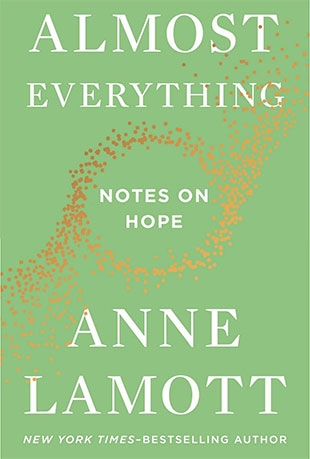"A story begins somewhere in space and time, when you step onto the path beside the writer. Where could that be? Mars, one girl says. Hogwarts, Hawaii, and my favorite, Nicasio, three towns away, population ninety-six. But oh, what some of those people gone and done.
"We get to know some characters who are recognizable as family, friends, ourselves, even in their distressing guise as vampires, orphans, or ministers. Events transpire, possibly not all leading to ecstasy or serenity, and people are changed. The universe is usually telling us the same story, that our lives are rich and fluid and infinitely mysterious; that we only thought we were stuck, that nothing stays the same for long.
"I tell the kids. Stories are flashlights. You shine a light in one place — an attic floor, a canyon wall, or a memory — and then you describe it the best you can. Maybe you need to find a photo of it in a book, or maybe it is right there in your memory, on the screen behind your eyes.
"What a writer is telling us, asking us to hear, has to have meaning. There is really no reason for you to keep shoehorning in cute, charming dinner table anecdotes. Tell us something that stirs us, that makes us think, or tear up, or laugh.
"How? You just start talking about it on paper, as you would to a very good friend.
"And once you’ve spewed it out, you can see the details and moments that made you catch your breath and be so glad you remembered this detail and got to share it.
"We have to cultivate the habits of curiosity and paying attention, which are essential to living rich lives and writing. You raise your eyes out of the pit, which is so miserable and stifling to be in and which tried to grab you and keep you there, until something sneaky hauled you out and changed you."
